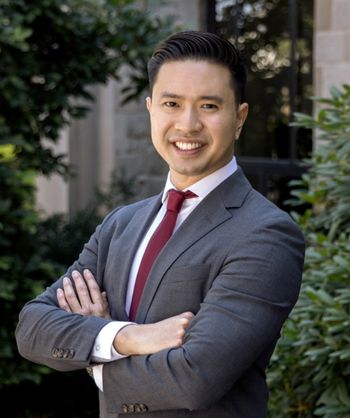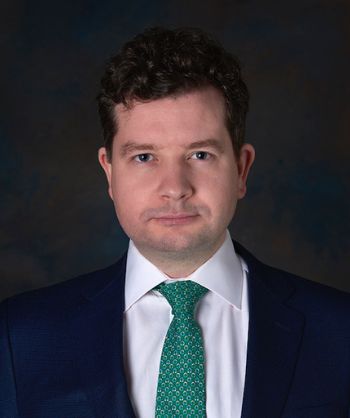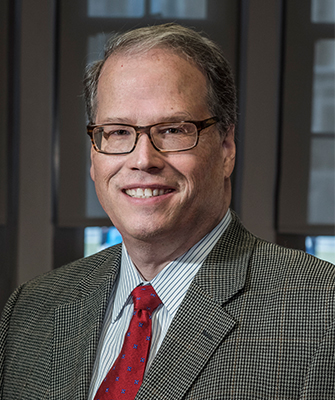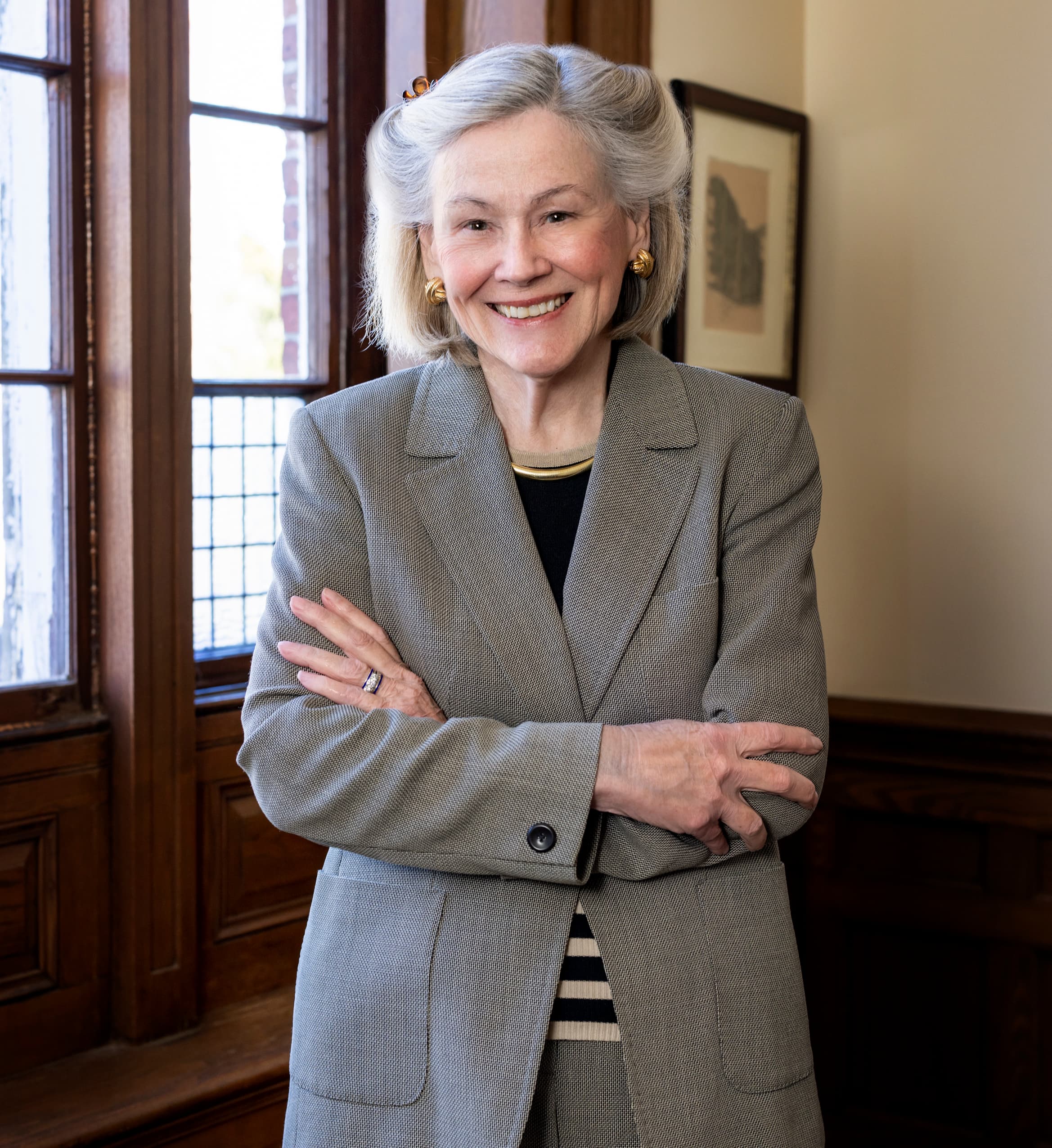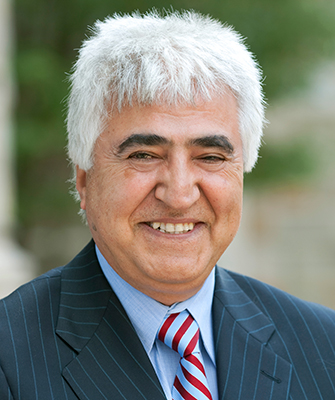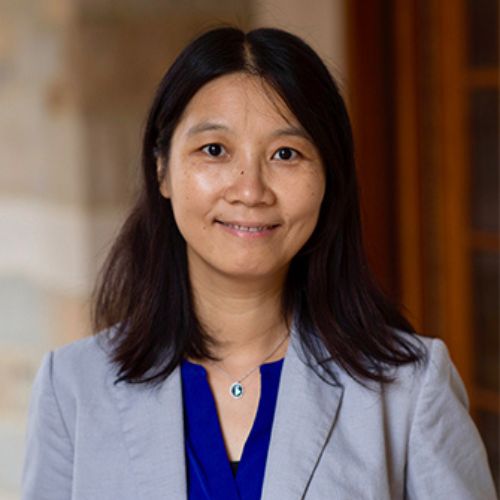Research, Media Impact, and Awards: Spring 2023
This sampling of recent faculty activity at the Boston College Carroll School of Management includes papers published in leading peer-reviewed journals. Among them: Journal of Financial Economics, Academy of Management Journal, Management Science, Journal of the Academy of Marketing Science, Journal of Marketing, Journal of Accounting and Economics, and others. Also included in this roundup are recent media spotlights on Carroll School faculty research as well as awards and other distinctions.
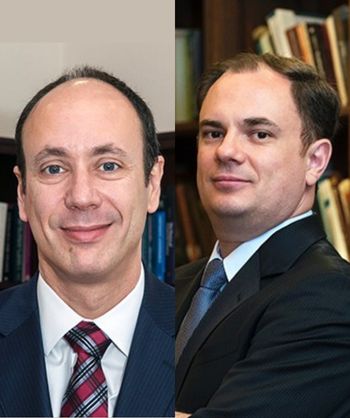
Rui Albuquerque, Vyacheslav (Slava) Fos
Professor, Finance and Seidner Family Faculty Fellow
Professor, Finance and Hillenbrand Family Faculty Fellow
Journal of Financial Economics
"Value Creation in Shareholder Activism"
Co-author:
Enrique Schroth, EDHEC Business School
"Higher treatment values predict improvements in firm performance and lower proxy contest probabilities, whereas abnormal announcements returns do not, suggesting that our estimate identifies more effective activism campaigns. The evidence demonstrates the importance of using the joint distribution of investment strategies and announcement returns to recover the expected returns and costs of activism."
Curtis Chan
Assistant Professor, Management and Organization
Academy of Management Journal
"The Role of Discernment and Modulation in Enacting Occupational Values: How Career Advising Professionals Navigate Tensions with Clients"
Co-author:
Luke N. Hedden, PhD candidate, Boston College
"We contribute to the relational perspective on occupations and professions by positing how discernment and modulation help experts navigate relational tensions by recognizing and drawing on intra-clientele heterogeneity, unpacking how professionals might not entirely resist or change amidst incongruence but instead pursue a more mixed approach, and highlighting when and how experts mask or moderate rather than overtly enact their values."
Samuel Hartzmark
Professor, Finance and Hillenbrand Family Faculty Fellow
Working Paper
"Counterproductive Sustainable Investing: The Impact Elasticity of Brown and Green Firms"
Co-authors:
Kelly Shue, Yale University
"We show empirically that a reduction in financing costs for firms that are already green leads to small improvements in impact at best. In contrast, increasing financing costs for brown firms leads to large negative changes in firm impact. Thus, sustainable investing that directs capital away from brown firms and toward green firms may be counterproductive, in that it makes brown firms more brown without making green firms more green. "
Nan Liu
Associate Professor, Business Analytics and William S. McKiernan '78 Family Faculty Fellow
Management Science
"Managing Outpatient Service with Strategic Walk-ins"
Co-authors:
Willem van Jaarsveld, Eindhoven University of Technology
Shan Wang, Stanford University
Guanlian Xiao, University of Calgary
"Our research highlights that there is no one-size-fits-all model for outpatient care management, and the best use of operational levers critically depends on the practice environment."

Gergana Nenkov, Linda Court Salisbury
Associate Professor, Marketing
Associate Professor, Marketing
Journal of Marketing (forthcoming)
"Consumer Financial Vulnerability: Novel Insights for Theory, Practice, and Public Policy"
Co-authors:
Simon J. Blanchard, Georgetown University
Ronald Paul Hill, American University
Alexander L. Brown, Texas A&M University
Kelly D. Martin, Colorado State University
"The authors propose a novel, theory-driven definition of consumer financial vulnerability (CFV), as the risk of incurring future harm, given the consumer’s current access to various financial resources."
Paul Schmelzing
Assistant Professor, Finance
National Bureau of Economic Research
"The March 2023 Bank Interventions in Long-Run Context – Silicon Valley Bank and Beyond"
Co-authors:
Andrew Metrick, Yale University
"This paper contextualizes events using a new long-run database on banking-sector policy interventions over the last eight centuries. On that basis, recent actions have already been unusual in their policy mix and size – in the database, the vast majority of events with the same pattern of interventions ultimately evolved into “systemic” bank-distress episodes."
Hanyi (Livia) Yi
Assistant Professor, Finance
Journal of Public Economics
"Aging and Public Financing Costs: Evidence From U.S. Municipal Bond Markets"
Co-author:
Alexander W. Butler, Rice University
"We examine the impact of population aging on municipal access to credit. A one standard deviation increase in a state’s population age leads to a 23 basis point increase in municipal bond issue spread. Three mechanisms drive this effect: income tax revenue, healthcare spending, and pension liabilities. Constitutional pension protections and securities with lower credit quality or longer maturity exacerbate the effect."
Pierluigi Balduzzi
Professor, Finance
The Economic Journal
"Political Risk, Populism, and the Economy"
"We show that adverse political risk shocks have negative effects on domestic financial markets and in some countries generate spillovers on the spreads of other euro-zone economies. Moreover, in Italy populism-related political risk shocks have a larger effect on financial markets and they harm the real economy."

Vyacheslav (Slava) Fos, Nancy Xu
Professor, Finance and Hillenbrand Family Faculty Fellow
Assistant Professor, Finance
European Corporate Governance Institute (working paper)
"Do the Voting Rights of Federal Reserve Bank Presidents Matter?"
"Supporting the voting mechanism, we show that voting presidents dissent based on economic conditions in their districts. Reserve Bank presidents’ districts are more likely to be mentioned in FOMC transcripts than are the districts of non-voting presidents. Finally, we show that the path of the target rate would have been different if economic conditions in all districts affected FOMC decisions."
Bradford Hudson
Associate Professor of the Practice, Marketing
Journal of Brand Management
"Inducing Omni-temporality: Product Heritage Appropriation in Corporate Heritage Brand Construction"
Co-authors:
Pedro Mir Bernal, University of Navarra
Fabien Pecot, TBS Education
Virginie de Barnier, Université de Nouvelle-Calédonie
"The study identifies how a younger corporate brand appropriates an older product brand’s heritage. Results contribute to a better understanding of the induction of omni-temporality, and of the development of a corporate heritage brand."
Gergana Nenkov
Associate Professor, Marketing
Journal of the Academy of Marketing Science
"Friend or Foe? Can Anthropomorphizing Self-Tracking Devices Backfire on Marketers and Consumers?"
Co-authors:
Lane Peterson Fronczek, Georgia State University
Martin Mende, Florida State University
Maura L. Scott, Florida State University
Anders Gustafsson, BI Norwegian Business School
"These findings provide novel insights to marketing scholars and managers, by suggesting that anthropomorphism can be a successful short-term selling strategy, but over time, it can have unintended consequences for both firms and consumers."
Alicia Munnell
Peter F. Drucker Chair in Management Sciences
Director of the Center for Retirement Research
The Journal of Retirement
"Do Retirees Want Constant, Increasing, or Decreasing Consumption?"
Co-authors:
Anqi Chen, Center for Retirement Research at Boston College
"This project builds on the existing literature by: 1) examining retirement consumption over longer periods; 2) using wealth to separate constrained and unconstrained households in order to analyze whether declines in consumption are driven by necessity or preferences; and 3) exploring whether, within unconstrained households, those with steeper mortality profiles are more likely to front-load consumption."
The Journal of Retirement
1. “The Impact of Leakages from 401(k)s and IRAs,” with Anthony Webb
Center for Retirement Research at Boston College
1. "How Will COVID Affect Completed Fertility?”
2. “Why Do Some Small Businesses Offer Retirement Plans?” with Anqi Chen
3. “Social Security Claiming: COVID-19 vs. Great Recession” with Anqi Chen and Siyan Liu
4. “Will Survivors of the First Year of the Pandemic Have Lower Mortality?” with Anqi Chen, Gal Wettstein, and Nilufer Gok
5. “How Much Does Inflation Vary by Income? Depends on How It’s Measured,” with Diana Horvath
6. “After 50 Years of Progress, How Prepared Are Women for Retirement?” with Laura D. Quinby and Siyan Liu
Working Papers
1. “How Will COVID Affect the Completed Fertility Rate?” with Anqi Chen and Nilufer Gok
2. “Did the Stimulus Checks Improve Household Balance Sheets?” with Andrew G. Biggs and Anqi Chen
3. “How Does COVID-Induced Early Retirement Compare to the Great Recession?” with Anqi Chen and Siyan Liu
4. “Will Survivors of the First Year of the COVID-19 Pandemic Have Lower Mortality?” with Gal Wettstein, Nilufer Gok, and Anqi Chen
Hassan Tehranian
Professor, Finance and Griffith Family Millennium Chair
Working Paper
"Climate Risk, ESG Performance, and ESG Sentiment for U.S. Commercial Banks"
Co-authors:
Otgontsetseg Erhemjamts, University of San Francisco
Kershen Huang, Nova Southeastern University
"We identify the climate risk exposure of U.S. commercial banks and assess its financial materiality. Climate risk is positively associated with the environmental, social, and governance (ESG) performance of banks and negatively associated with the stakeholder ESG sentiment towards them."
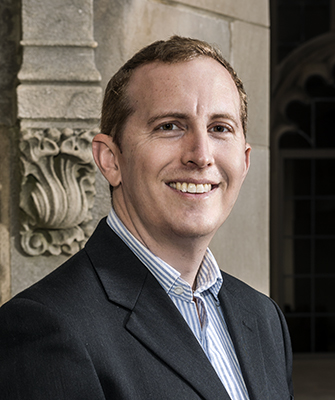
Benjamin Yost
Assistant Professor, Accounting
Journal of Accounting and Economics
"Do Tax-Based Proprietary Costs Discourage Public Listing?"
"I hypothesize and find evidence of an increased propensity to go private by public, tax aggressive firms following the enactment of the disclosure rule but prior to its adoption. Cross-sectionally, the effect is stronger among firms that are more sensitive to tax-based proprietary costs. Moreover, IPOs by tax aggressive firms exhibit a relative decline after FIN 48, consistent with the disclosure requirement deterring private, tax aggressive firms from going public. Overall, my findings suggest that mandatory disclosure rules imposing tax-based proprietary costs may discourage some firms from operating as public entities."
Min Zhao
Associate Professor, Marketing
International Journal of Research in Marketing (in press)
"Converging vs. Diverging: The Effect of Visual Depiction of Goal Structure on Financial Decisions"
Co-authors:
Joonkyung Kim, independent researcher
Dilip Soman, University of Toronto
"Drawing on the visual-congruence literature, we propose that each diagram can increase processing fluency and facilitate goal intention when it enables a match with the monetary flow embedded in the financial goal. Specifically, for financial goals involving an inward monetary flow (e.g., saving or earning), a converging diagram provides a match and increases goal intention. In contrast, for goals involving an outward monetary flow (e.g., spending or donating), a diverging diagram provides a match, leading to greater goal intention."
Research by Rui Albuquerque, a Siedner Family Faculty Fellow, and Vyacheslav (Slava) Fos, a Hillenbrand Family Faculty Fellow, both professors of finance, have been highlighted by the corporate governance blog of Harvard Law School. A recent paper by Albuquerque and Fos, along with Enrique Schroth (EDHEC Business School), finds that the stock market rewards activist investors and argues these investors create value by improving firms’ corporate policies. Albuquerque also authored an op-ed for Osservatore Romano, the daily publication of the Vatican, on why financial institutions should help alleviate poor countries’ sovereign debts. He argued that financial institutions have a social responsibility to address these issues, notably in cases where their employees, say, took bribes as part of loan negotiations. He likened the banks’ obligation to product recalls by makers of defective consumer products.
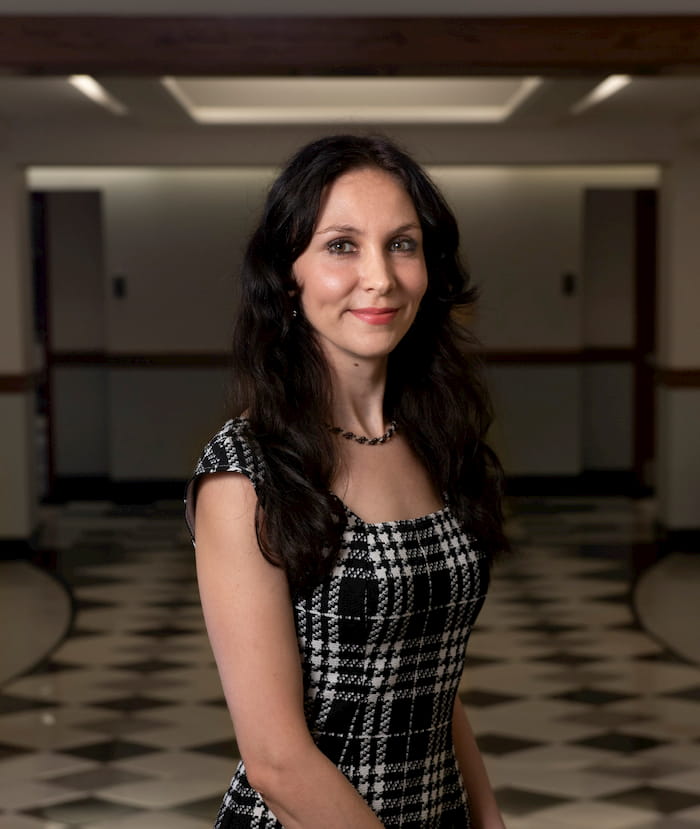
Consumer product companies love brand extensions—thus you can find dozens of Tide-branded offerings on the Procter & Gamble website. But Larisa Kovalenko, assistant professor of marketing, told Harvard Business Review that these kinds of extensions aren’t riskless. Companies can dilute their brands if they don’t hew to five principles that Kovalenko, together with colleagues Alina Sorescu (Texas A&M University) and Mark B. Houston (Texas Christian University), identified in a recent research project.
Multiple publications have lately called upon the expertise of Alicia Munnell, director of the Center for Retirement Research at Boston College and Peter F. Drucker Chair in Management Sciences. The New York Times cited Munnell’s research on worker age in an article on working while receiving Social Security benefits. CNBC and CNN Business referenced her work on the taxability of Social Security benefits in articles about inflation’s influence on those benefits. And The Boston Globe included her in a feature on how notions of what retirement means are evolving.
.jpg)
In retailing, honesty really is the best policy. Research by Dmitry Mitrofanov, featured by Phys.org, shows retailers can retain more customers if they’re frank when they’re running low on inventory. Traditionally retailers have been reluctant to talk about stockouts, and Mitrofanov, assistant professor of business analytics, did find that some customers refrain from purchasing items when told supply is low.
Bloomberg featured research by Samuel Hartzmark, finance professor and a Hillenbrand Family Faculty Fellow, and colleague Kelly Shue (Yale University) that reached a surprising conclusion: Some sustainable investing strategies may be self-defeating inasmuch as they lower the cost of capital for environmentally friendly firms while raising it for big polluters. The green firms can’t get much greener, so cheaper funding doesn’t help stem much additional pollution. But the big polluters, anticipating higher funding costs, may opt to “pollute as much as they can while the polluting is good,” Bloomberg wrote. Hartzmark's research on environmental, social, and governance (ESG) investing was also featured by Bloomberg Law and the Freakonomics Radio podcast.
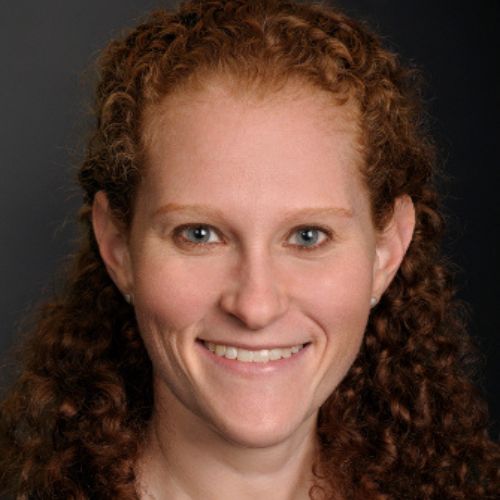
Beth Schinoff, assistant professor of management and organization, told Investor’s Business Daily that “quiet quitting”—when disgruntled employees shirk instead of resigning—can be prevented by encouraging work/life balance. When people “are expected to put work above everything and be available 24/7, they may not want to be that perfect worker,” she cautioned.
Richard Powers, associate professor of the practice in the Business Law and Society Department, was interviewed by CSO magazine about cybersecurity audits. Powers said the audits are a critical way that companies demonstrate to the public their trustworthiness and the robustness of their data protections.
The COVID-19 pandemic has changed how society thinks about so-called gig workers—and how at least some of them think about themselves, according to a story in Knowledge at Wharton on research by Curtis Chan, assistant professor of management and organization, and colleagues Lindsey D. Cameron (University of Pennsylvania) and Michel Anteby (Boston University). The research determined that some workers for InstaCart, a grocery delivery service, embraced being called heroes, others balked, and a third group struggled, redoubling their efforts to live up to an honorific they were unsure they deserved. In addition, Chan and Anteby’s work on within-job inequality was featured in The No Club: Putting a Stop to Women’s Dead-End Work, a book about gender inequality in the workplace. The highlighted research delved into women’s work conditions within the Transportation Safety Administration, finding that female TSA workers were disproportionately assigned to pat down passengers, a less desirable task.
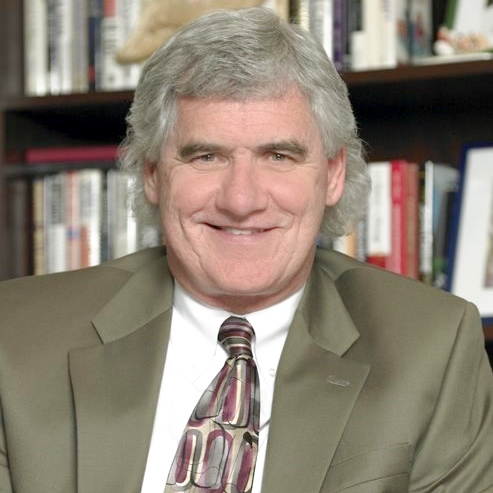
Today’s employees are demanding more flexible work arrangements, and companies are trying to accommodate, Brad Harrington, executive director of the Boston College Center for Work and Family, commented in an article in The Wall Street Journal. To succeed at this, firms need to modify how they hire and operate; in particular they should consider investing in technologies that enable remote collaboration, he said.
Banking crises aren’t new. Paul Schmelzing, assistant professor of finance, and Andrew Metrick (Yale University) analyzed more than 800 years’ worth for a National Bureau of Economic Research working paper. MarketWatch picked up the research on account of their conclusion that today’s financial turmoil, with interest rates rising and a few banks failing, has several of the markers of past systemic crises.
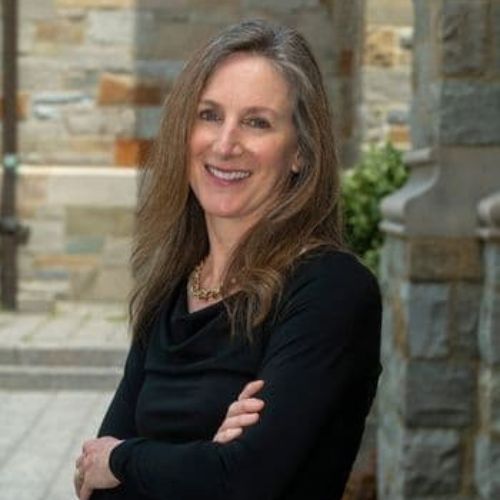
Mary Ellen Carter, professor and Joseph L. Sweeney Chair in accounting, has been named an editor at The Accounting Review and a research member at the European Corporate Governance Institute.
Associate Professors of Marketing Gergana Nenkov and Linda Court Salisbury, along with Florida State University colleagues Martin Mende and Maura L. Scott, received the Journal of Consumer Psychology Best Paper Award for “Improving Financial Inclusion through Communal Financial Orientation: How Financial Service Providers Can Better Engage Consumers in Banking Deserts.” The award honors the best refereed paper published in the journal in the three prior years. The paper also received the 2022 AMA-EBSCO-RRBM Award for Responsible Research in Marketing.

Nan Liu, associate professor of business analytics and a William S. McKiernan ’78 Family Faculty Fellow, was a finalist for the Sanjay and Panna Mehrotra Research Excellence Award of the INFORMs Healthcare Applications Society. The award recognizes mid-career researchers for significant contributions to the field.
Auditing: A Journal of Practice and Theory has recognized a paper by Jeff Cohen, professor of accounting, as the best it published from 2020–2022. Cohen’s paper, titled “Audit Partners’ Judgments and Challenges in Audits of Internal Control over Financial Reporting,” was coauthored with Jennifer R. Joe (University of Delaware), Jay C. Thibodeau (Bentley University), and Gregory M. Trompeter (University of Central Florida).
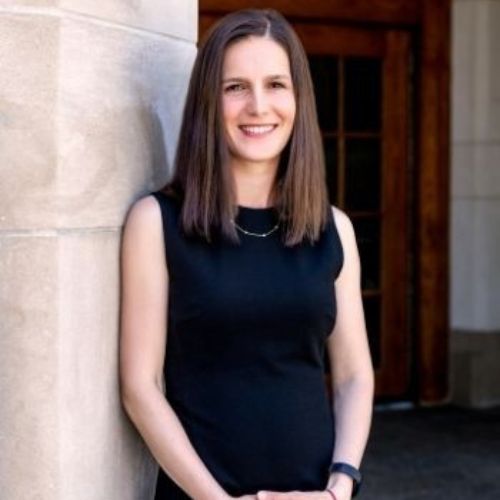
Hristina Nikolova, the Diane Harkins Coughlin and Christopher J. Coughlin Sesquicentennial Assistant Professor of Marketing, received the Society for Consumer Psychology Early Career Award. The award, bestowed within eight years of honorees’ receipt of their doctorates, recognizes emerging researchers in consumer psychology.

Henrik Hagtvedt, associate professor of marketing, has been named an MSI Scholar by the Marketing Science Institute. The designation recognizes excellent mid-career scholars, and its recipients, according to MSI, are among “the most prominent marketing scholars in the world.”
A Seidner Family Faculty Fellow, Rui Albuquerque, and a Hillenbrand Family Faculty Fellow, Vyacheslav (Slava) Fos, both professors of finance, received the Journal of Financial Economics editor’s choice—along with coauthor Enrique Schroth (EDHEC Business School)—for their paper, “Value Creation in Shareholder Activism.” Albuquerque also won the BME Award 2022, given to the best paper on fixed income markets at the XXIX Finance Forum of the Spanish Finance Association. The paper, “Price elasticity of demand and risk-bearing capacity in sovereign bond auctions,” was written with coauthors José‐Miguel Cardoso‐Costa (Nova School of Business and Economics) and José Afonso Faias (Catholic University of Portugal).
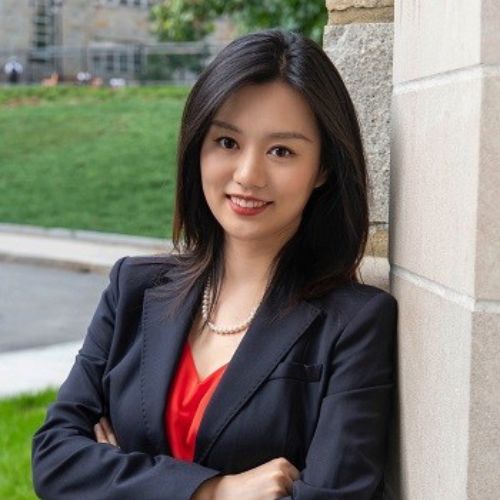
Livia Yi, assistant professor of finance, won the 2022 Arthur Warga Award for the best paper in fixed income at the Society of Financial Studies Cavalcade (Asia Pacific). Her paper is titled “Intergenerational Conflict and Education Financing.”


